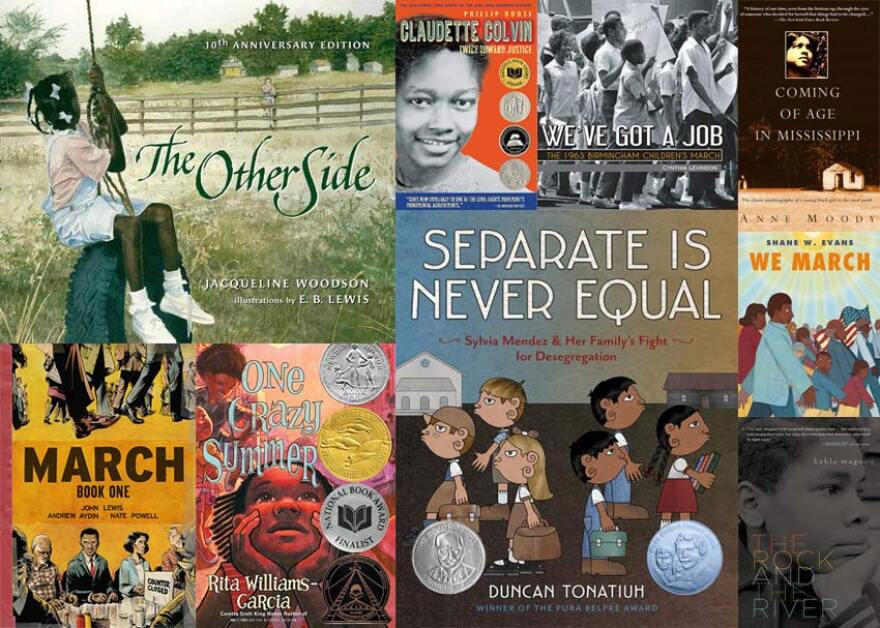The latest events in Charlottesville have people engaging in conversation about race, diversity and supporting each other.
There are some tremendous assets to help educate and frame those discussions. Whether at home or in the classroom or in the workplace, let’s talk.
West Virginia LearningMedia – a curated digital library searchable by grade level, content area, type of resource. Geared toward teachers, but open to everyone. And it is FREE.
- Klansville U.S.A.: Symbols Have More than One Meaning Learn about the ancient origin and contemporary usage of many symbols associated with the Ku Klux Klan in this video from AMERICAN EXPERIENCE: Klansville U.S.A.. This resource is part of the American Experience collection.
- PBS NewsHour Learn ways civil rights groups are combatting the rise of hate groups in the U.S. with this video and educational resources from PBS NewsHour from March 27, 2016. Student Handout
- Respond to Hate with Love | American Muslims: Fact vs. Fiction After the violent murders of three innocent Muslim students in North Carolina, the American Muslim community chose to respond by launching food drives across the country to feed the hungry. Within one month, over 300 mosques and Muslim student groups have fed over 75,000 hungry Americans.
- The AIM Buddy Project | An ARTHUR Social, Emotional, and Character Development Curriculum The AIM Buddy Project is a supplemental social, emotional, and character development curriculum that uses interactive media, the characters from the PBS series ARTHUR, and cross-grade buddy pairs. Students partner with a buddy to work on interactive comics and games that focus on five important topics –empathy, honesty, forgiveness, generosity, and learning from others.
Teaching Tolerance Teaching Tolerance provides free resources to educators—teachers, administrators, counselors and other practitioners—who work with children from kindergarten through high school. Our program emphasizes social justice and anti-bias. The anti-bias approach encourages children and young people to challenge prejudice and learn how to be agents of change in their own lives. Our Social Justice Standards show how anti-bias education works through the four domains of identity, diversity, justice and action.
- Discovering My Identity (grades 3-5) Learning Plan:Enduring Understandings: Everyone has multiple identities. Peoples’ identities are similar in some ways and different in others. It is important to see my identities as well as the identities of others in the stories I read.
- Developing Empathy (grades 6-8) Learning Plan: Essential Questions: What does it mean to put yourself in someone else’s shoes? How empathetic am I? How can I better show empathy toward others?
- SPLC Releases Campus Guide to Countering ‘Alt-Right’ How can college students respond when white nationalists show up on campus? This guide offers answers.
Brightly A company that believes reading has the power to illuminate kids’ lives. They have created some great reading list from early readers to adults.





















